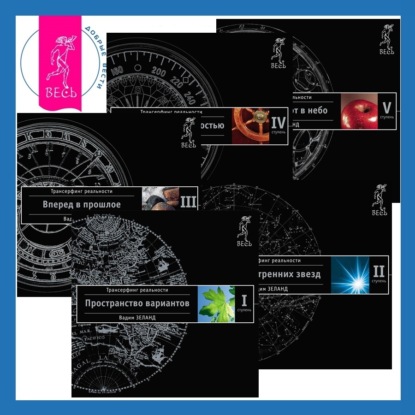Excerpt from The Religious Theory of Civil Government: A Discourse Delivered Before His Excellency George N. Briggs, Governor, His Honor John Reed, Lieutenant Governor, the Honorable Council, and the Legislature of Massachusetts at the Annual Election, Wednesday, Jan; 5, 1848
The author of the following discourse would take the liberty of suggesting, that the theory of the divine origin of civil government, which is here maintained, is in no wise connected with the view entertained by many in the Episcopal Church, of the Apostolic succession of the Christian ministry. The distinction is sufficiently plain when we consider that the theory of the discourse refers to civil government merely as an institution. without regard to the person of the incumbent or the method of his appointment; while the theory of the "Apostolic succession" relates exclusively to the administrator himself, and the manner of his ordination. The civil theory derives the authority of the magistrate from the fact that God established a magistracy in civil affairs, and leaves all question of his appointment open and free. It therefore admits of any form of government, from Republicanism to Despotism. But the "Church Theory," so called, denies any authority in the ministry unless it be derived through a particular succession of individuals. It therefore admits of but one form of ecclesiastical government; and, in this respect, it resembles the theory advanced by Sir Robert Filmer, in defence of monarchy.
About the Publisher
Forgotten Books publishes hundreds of thousands of rare and classic books. Find more at www.forgottenbooks.com
This book is a reproduction of an important historical work. Forgotten Books uses state-of-the-art technology to digitally reconstruct the work, preserving the original format whilst repairing imperfections present in the aged copy. In rare cases, an imperfection in the original, such as a blemish or missing page, may be replicated in our edition. We do, however, repair the vast majority of imperfections successfully; any imperfections that remain are intentionally left to preserve the state of such historical works. Это и многое другое вы найдете в книге The Religious Theory of Civil Government















